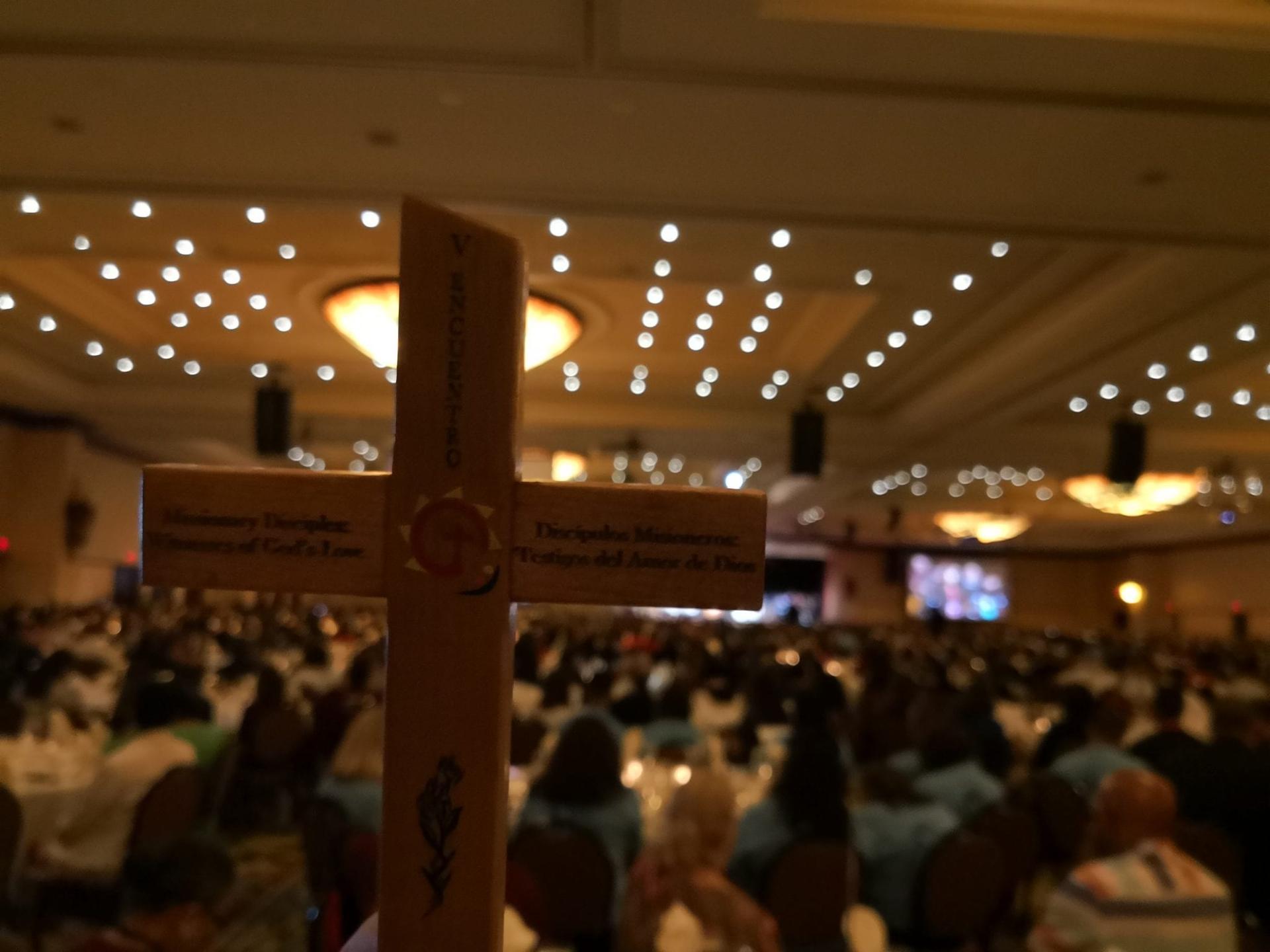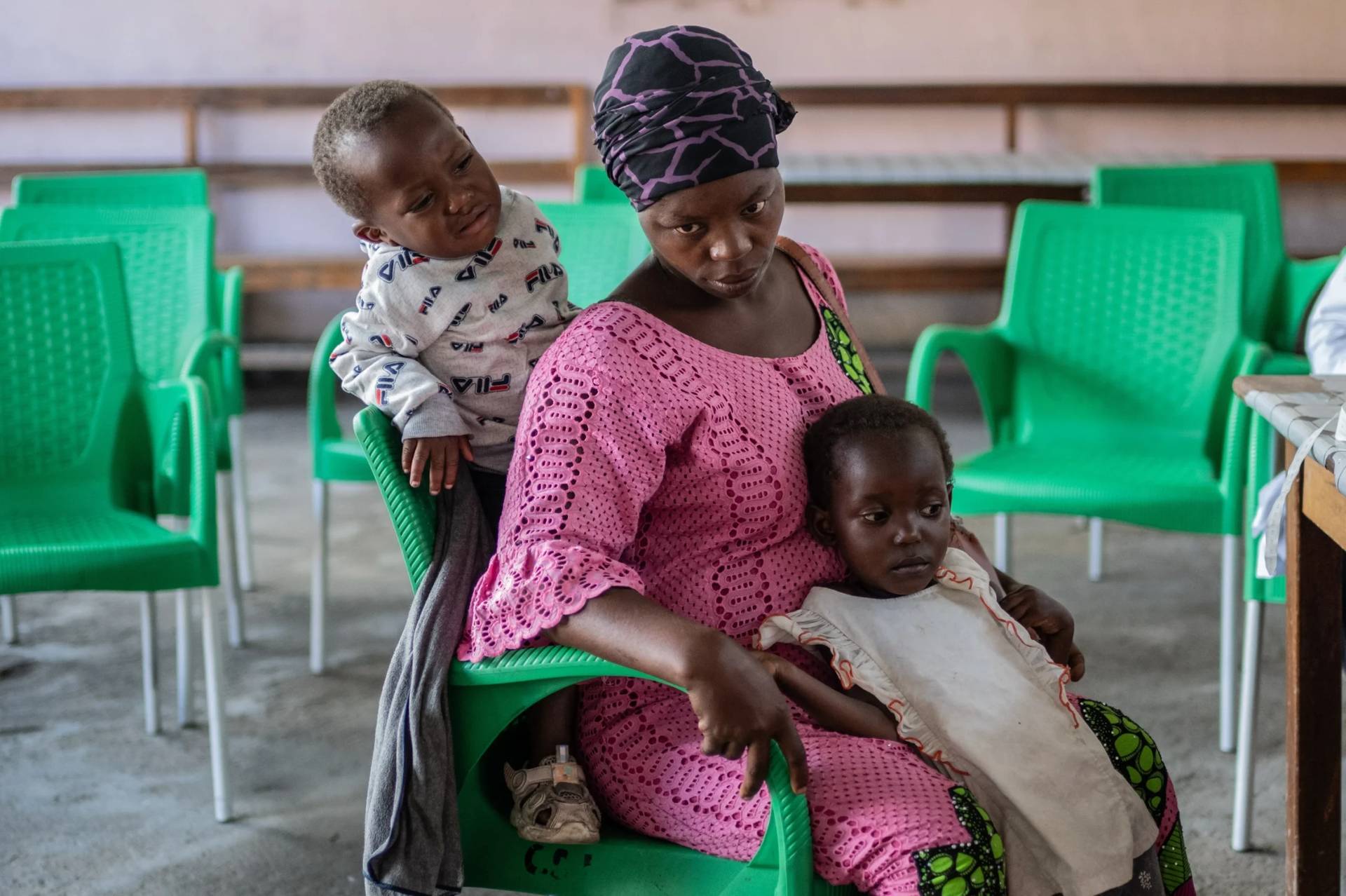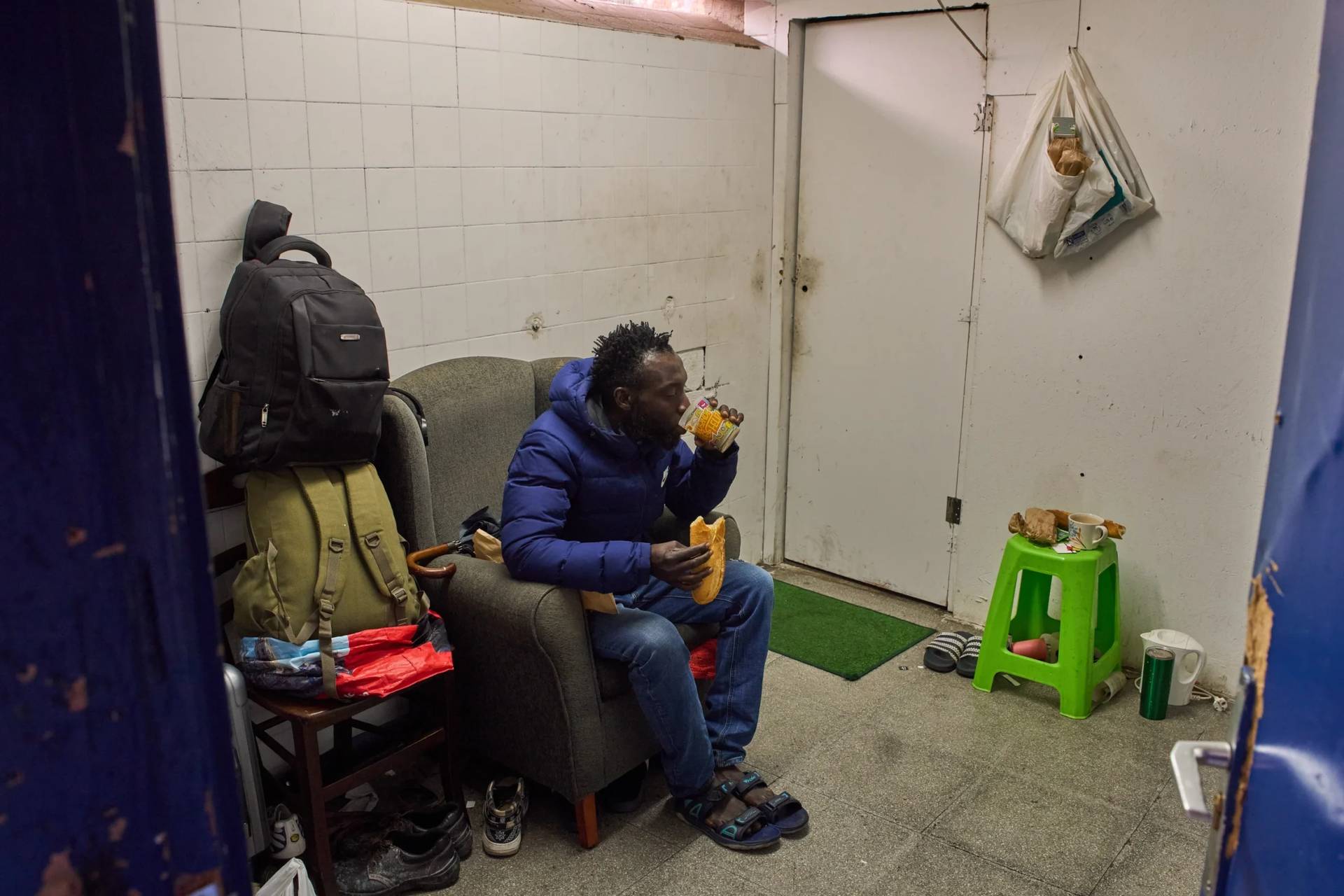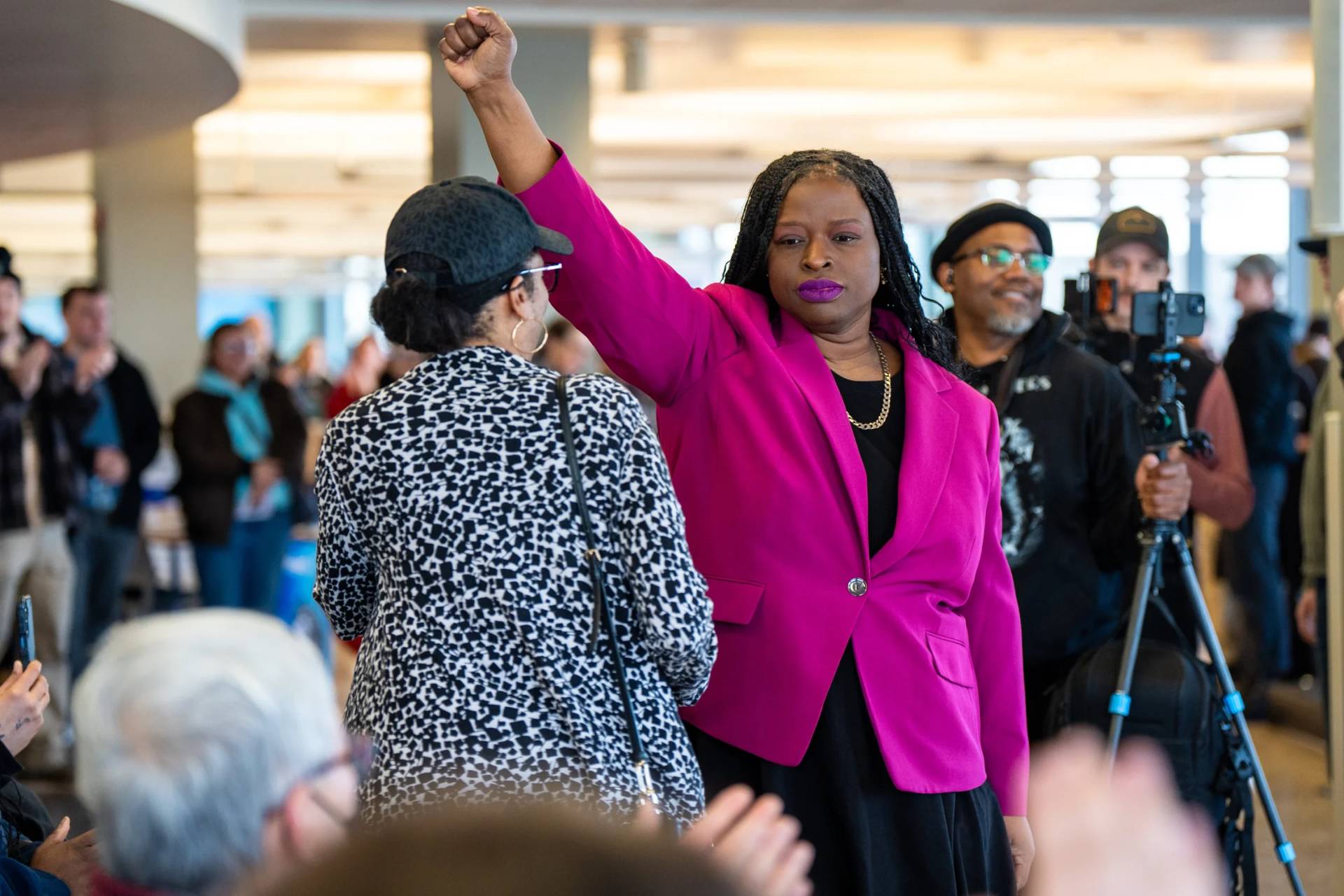FORT WORTH, Texas — Kicking off a summit of Hispanic Catholic leaders from across America, the opening ceremony of the V Encuentro on Thursday featured a strong call for believers to be brave, because only through courage will the Church regain “its moral authority and evangelical spirit” in light of the latest cycle of scandal related to clerical sexual abuse.
“Today, here, in the United States, Jesus needs us more than ever to be living stones in the Church,” said Archbishop Gustavo García-Siller, a Mexican-American prelate from the diocese of San Antonio, who delivered the opening remarks at the Sept. 21-23 V Encuentro taking place in Fort Worth, Texas.
“The Church, the mystical body of Christ, has received bad news lately because of its shepherds, priests and bishops,” he said. “They’ve broken your hearts, lay brothers and sisters, and rightly so. You’re right to be broken-hearted.”
Gustavo García-Siller asked for prayers for “the victims of the crimes that led to this crisis,” urged those present to do everything in their power to help survivors find healing, and also requested prayer for the perpetrators and for the bishops.
Speaking both in English and Spanish at an event that also included translation into sign language, García-Siller did not shy away from the scandals, saying that, as Pope Francis has noted, “clericalism is at the heart of this crisis” because shepherds can “fall in the temptation of power.”
“But the Lord is omnipotent, and He’s assumed the great power,” he said. “Seeing Him reign in the conscience of the laity leads us priests and bishops to be accountable to the Church and to God.”
Yet García-Siller also insisted that the Church can’t go quiet or sink into lethargy because of its failures.
“Let us set the world on fire with the Holy Spirit,” he said to cheers. “In our Catholic Church in the United States, let us not be afraid, let’s take the initiative, let’s foster encounters wherever we can in our dioceses. Do not be afraid to encounter others. The Lord will be present there, because he’s the crucified one but also the risen one.”
The Church “needs us today, we are the present and the future of the Church,” he said. “In these times, only parrhesia [boldness], the courage of the baptized, will return the Church, the body of Christ, to moral authority and an evangelical spirit.”
Among the 3,500 participants Thursday night were Uruguayan layman Guzman Carriquiry, Vice President of the Vatican’s Pontifical Commission for Latin America; French Archbishop Christophe Pierre, the papal ambassador in the United States; and some 100 American bishops, including Cardinal Daniel DiNardo of Galveston-Houston and Archbishop Jose Gomez of Los Angeles, president and vice president of the U.S. bishops’ conference.
DiNardo in his keynote remarks struck a note aligned to that of García-Siller.
He acknowledged that this is a “time of pain in our Church…we bishops have fallen short. Amidst this darkness, the V Encuentro is a light that shines and illuminates the way forward.”
DiNardo also asked for God to grant the Church in the U.S. “the wisdom and resolve to reform and renew His Church.”
Pope Francis was represented not only through his envoy but a video he sent to the gathering, showed after DiNardo’s speech, in which he said: “I hope that, after the V National Encuentro takes place, it continues to bear fruit and that the Church in all its settings will continue to accompany this process with its own reflection and pastoral discernment.”
Francis also expressed his joy at the fact that the Encuentro recognizes “the specific gifts that Hispanics offer the Church today.”
“I ask you to consider how your local churches can better respond to the growing presence, gifts and potential of Hispanics and their families,” Francis said. When the video ended, the pope got drew long standing ovation.
Pierre said Pope Francis has a dream for the Church expressed in his apostolic exhortation Evangelii Gaudium, where the pontiff wrote: “I dream of a missionary option, a missionary impulse capable of transforming everything so that the church’s customs, way of doing things, rhythms and structures can be suitably channeled for the evangelization of the world rather than for her self-preservation.”
Most of the Church, Pierre said, is made up by the laity, and bishops and priests are called to “foster their vocation” to be prophets, which everyone enjoys through the sacrament of Baptism.
“Unfortunately, many, including the Hispanics, remain as spectators, as Pope Francis says, looking down on the procession from the window without participating in it, without assuming a personal commitment,” he said.
“Francis offers Jesus as the opposite to this kind of person. He gets involved, going down on his knees to wash the feet of his disciples,” he said.
Ana Maria Pineda, of the Sisters of Mercy, who’s attended the past four Encuentros, was tasked with opening the remarks portion of the gathering, where she said that “we’re blessed to be gathered and to have another opportunity to remember the many ways God has traveled with us.”
Noting that the first encounter took place in 1972 in Washington, she said that “in our sacred history, this marks a very important moment: And the idea of a national pastoral gathering surfaces to find a way to respond to the growing pastoral needs of our community.”
Since then, she said, the Hispanic community has become aware of what it can offer to the Catholic Church in the United States, reaffirming an ecclesial vision that is evangelizer, in community and missionary.
Born in El Salvador, Pineda migrated to the U.S. with her parents when she was two years old. Starting as an elementary teacher, much of her ministry has revolved around some aspect of Hispanic ministry and theology, including teaching in schools that served inner-city, underserved Hispanic/Latino families in Los Angeles and San Francisco
Pineda also said that this Hispanic community in the U.S. is called to have a “subversive memory,” that allows them to “never forget what we’ve been gone through, our identity, our ancestors, our joys and troubles. The subversive quality of memory ensures that we’re not forgotten.”
The opening ceremony began with a small procession with the national leaders bringing to the stage 14 wooden crosses that accompanied the four-year process of mission and discernment at the national level. The delegates participated by standing up and holding their own small wooden crosses that they received when they accredited to participate in the event. The “main cross” has been carried in pilgrimage across the country and even visited Rome, where it was blessed by Pope Francis back in 2016.
There was a palpable atmosphere of celebration Thursday night, despite the exhaustion of many participants who arrived in Fort Worth earlier in the day and had to wait for hours in line, either to register for the Encuentro or to check into the hotel where the event is being held.
The Hispanic gathering will come to an end on Sunday.
Crux’s Inés San Martín and Christopher White will be on the ground in Texas covering the Encuentro. Follow them on Twitter (@inesanma / @CWWhite212) and at CruxNow.com for ongoing coverage.













